Can coffee be your ADHD superhero? RiSE Founder Ben investigates
Can coffee be your ADHD superhero? RiSE Founder Ben investigates
Picture this: You're racing against the clock, struggling to concentrate, impulsive, often erratic and your mind keeps wandering off to the farthest corners of the universe. Not only was my mind wandering off, so was I. Impulsively moving around the world seeking adventure. Welcome to the world of ADHD, where attention plays hide-and-seek. But fret not, we're about to embark on a caffeinated adventure that may just turn your ADHD quirks into superpowers. In this blog, I'll explore the electrifying relationship between caffeine, coffee, and ADHD, with the help of my own experiences and renowned UK-based psychologists. I was diagnosed with ADHD in 2016, and since then I've researched the link between ADHD and coffee/caffeine intensely. It's time to understand how caffeine can be your secret weapon in the battle for focus, all while having a bit of fun!
Often caffeine is seen as the enemy for neuro divergent brains, particularly ADHD, but not in my case - and as it turns out not in many others either. A few years ago Brad, the founder of Dark Arts Coffee, told us all about how caffeine helps his focus and I started wondering what role coffee played in me keeping my focus. Watch our conversation here on Instagram. Since then, I've found it to be my superhero - helping me to concentrate, multitask and even sleep! In fact I met a subscriber recently at The Notts Coffee Festival, and she told us she drank 12 espressos a day including one before bed to help her mind wind down (she also had ADHD!).
So, How Does Caffeine Affect ADHD? The Science Unveiled
ADHD, or Attention Deficit Hyperactivity Disorder, is a condition characterised by inattention, hyperactivity, and impulsivity. Caffeine, the unsung hero in your morning and now the UK's number one drink ahead of tea, is a stimulant that can jolt your sleepy neurons awake. Dr. Emily Harrison, a distinguished UK-based psychologist, explains the science behind it: "Caffeine can boost attention and concentration by increasing the release of neurotransmitters like dopamine and norepinephrine."
Caffeine: The Dopamine Dynamo for ADHD
Dopamine, often dubbed the "feel-good" neurotransmitter, plays a pivotal role in ADHD. People with ADHD frequently have lower levels of dopamine, leading to their characteristic inattentiveness. Dr. Harrison tells us, "Caffeine can help individuals with ADHD by indirectly enhancing the effects of the limited dopamine available to them. This might explain why some people feel a sense of calm when they consume caffeine."
The Jittery Dance: Finding Your Rhythm
Now, you might wonder about caffeine's reputation for causing jitters. While it's true that caffeine can lead to jitteriness, for people with ADHD, this might be just the kickstart they need. Dr. Alex Turner, another esteemed UK-based psychologist, says, "Jitters from caffeine can be seen as a sign that the nervous system is becoming more alert. It's like a dance between restlessness and focus."
Finding the right balance in your caffeine intake: Not Too Much, Not Too Little
Just like Goldilocks searching for the perfect porridge, individuals with ADHD must find their ideal caffeine dose. Dr. Turner offers sage advice, "It's all about finding that 'just right' amount. Too much caffeine can lead to anxiety and restlessness, while too little may not offer the desired focus. Experimentation is key to discovering your sweet spot." For me, about 5 cups a day is the perfect amount. If I have less than that, I can find myself restless and even a little down some days. If I have a lot more, I can find I can't relax at night and keep working until the early hours (much to Alice's annoyance!)
All In The Timing: When you drink coffee can affect your ADHD
When you drink your coffee matters as much as how much you consume. For those with ADHD, morning coffee can set the stage for a productive day. But, as Professor Harrison advises, "Consuming coffee too late in the day can disturb your sleep, which can exacerbate ADHD symptoms. So, choose your timing wisely." For some though, including myself, having a cup of coffee bed doesn't have any impact at all on my sleep levels, so find what works for you.
If you take vitamins, also ensure you take them half an hour apart from your first cup of coffee. We never knew this before partnering with Vitl, who shared this tip! Read more about why here.
Coffee vs. Medication:The Big Debate
An intriguing question often arises: can coffee replace ADHD medication? While coffee can certainly offer some relief, Professor Harrison cautions, "Coffee alone may not be a substitute for prescribed medication. It can be a valuable addition, but it's essential to consult with a healthcare professional for a comprehensive treatment plan." For me, I found that the medication didn't agree with me, so I do find caffeine is the swap that helps me find focus. However, that's not going to be the case for everyone, so it's definitely worth checking with your GP!
The "Coffee Nap" Wonder
Have you ever heard of the "coffee nap"? It's a phenomenon where you consume coffee and then take a short nap. Surprisingly, this concept might be a game-changer for ADHD. Dr. Turner explains, "The coffee nap combines the benefits of caffeine and a power nap. Caffeine takes about 20 minutes to kick in, which aligns perfectly with the length of a short nap, resulting in a double whammy of alertness." I've personally never tried it, and find napping impossible! But I imagine that would work well for some, and may give it a go!
The Comfort of Coffee Rituals
Coffee isn't just about caffeine; it's also about comfort and routine. Many people with ADHD find solace in rituals, and the simple act of brewing and sipping coffee can be a soothing routine. Professor Harrison adds, "Having a familiar and calming routine can be therapeutic for people with ADHD. The warm aroma of coffee and the brewing process can offer a sense of stability." Coffee is definitely a ritual for me and I love experimenting with different brew methods. Making a coffee is one of the few moments of my day where I focus (and don't think about emails!) so I would be a bit lost without my coffee ritual.
Alternative caffeine based drinks from coffee:
If you have ADHD and are looking for caffeine-containing drinks that may be better suited for you than coffee, you'll want to consider options that provide a more controlled caffeine intake and fewer potential side effects like jitters and sleep disturbances. Here are some alternatives to coffee:
-
Tea (Green, Black, or White): Tea contains caffeine, but typically in lower amounts than coffee. The caffeine in tea is often accompanied by the amino acid L-theanine, which can have a calming effect, potentially balancing out the caffeine's stimulant properties. Green tea, in particular, is known for its health benefits.
-
Yerba Mate: Yerba mate is a traditional South American drink that contains caffeine. It's known for providing a balanced and focused energy without the jitters associated with some coffee consumption.
-
Herbal Teas: Herbal teas like peppermint, chamomile, or lemon balm are caffeine-free and can be a calming and soothing choice, helping with relaxation and focus.
-
Matcha: Matcha is a form of green tea that is ground into a fine powder. It contains caffeine but also offers a range of antioxidants and compounds that can promote alertness and concentration. The caffeine in matcha is released gradually, leading to a smoother energy boost.
-
Caffeinated Water: Some brands offer water infused with caffeine, providing a mild energy boost without any additional flavor or calories.
-
Caffeinated Soft Drinks (in moderation): If you prefer a carbonated beverage, there are caffeine-containing soft drinks like cola or energy drinks. However, be cautious with these as they often contain added sugars and artificial ingredients. Choose options with lower sugar content or opt for diet versions if you must consume them.
-
Caffeinated Snacks: Some companies produce caffeine-infused snacks, such as energy bars or chocolate. These can provide a controlled caffeine release and are a discreet option for maintaining focus.
When exploring these alternatives, it's crucial to monitor your caffeine intake and how your body responds to it. Keep in mind that the effects of caffeine can vary from person to person, so finding the right source and dosage for your needs may require some experimentation. Additionally, it's always a good idea to consult with a healthcare professional (like your GP), especially if you have specific dietary or medical concerns related to ADHD or caffeine consumption.
Final Thoughts: Brewing Your ADHD Journey
Caffeine and coffee's effects on ADHD can be a complex blend of benefits and potential drawbacks. While they can provide a promising path to focus and alertness, remember that individual responses can vary. As Dr. Turner wisely notes, "The connection between coffee, caffeine, and ADHD is intricate. It's a journey of exploration, and the key is finding what works best for you."
In your quest for clarity and focus, coffee can be your trusty sidekick, but always remember that it's just one piece of the larger ADHD puzzle. Consult with a healthcare professional like your GP to tailor your approach to your unique needs.
For me, I find coffee to really help with my focus and was lost before I found it - but of course that's not for everyone! I am so proud to have ADHD and the intense work ethic it gives me! If anyone ever wants to chat ADHD and coffee - drop a comment or DM on instagram!
Cheers
Ben
Disclaimer: The information provided in this article is for educational purposes and should not be considered as medical advice. Always consult with a qualified healthcare professional for personalized guidance on managing ADHD.

MONTHLY COFFEE DELIVERED TO YOUR DOOR
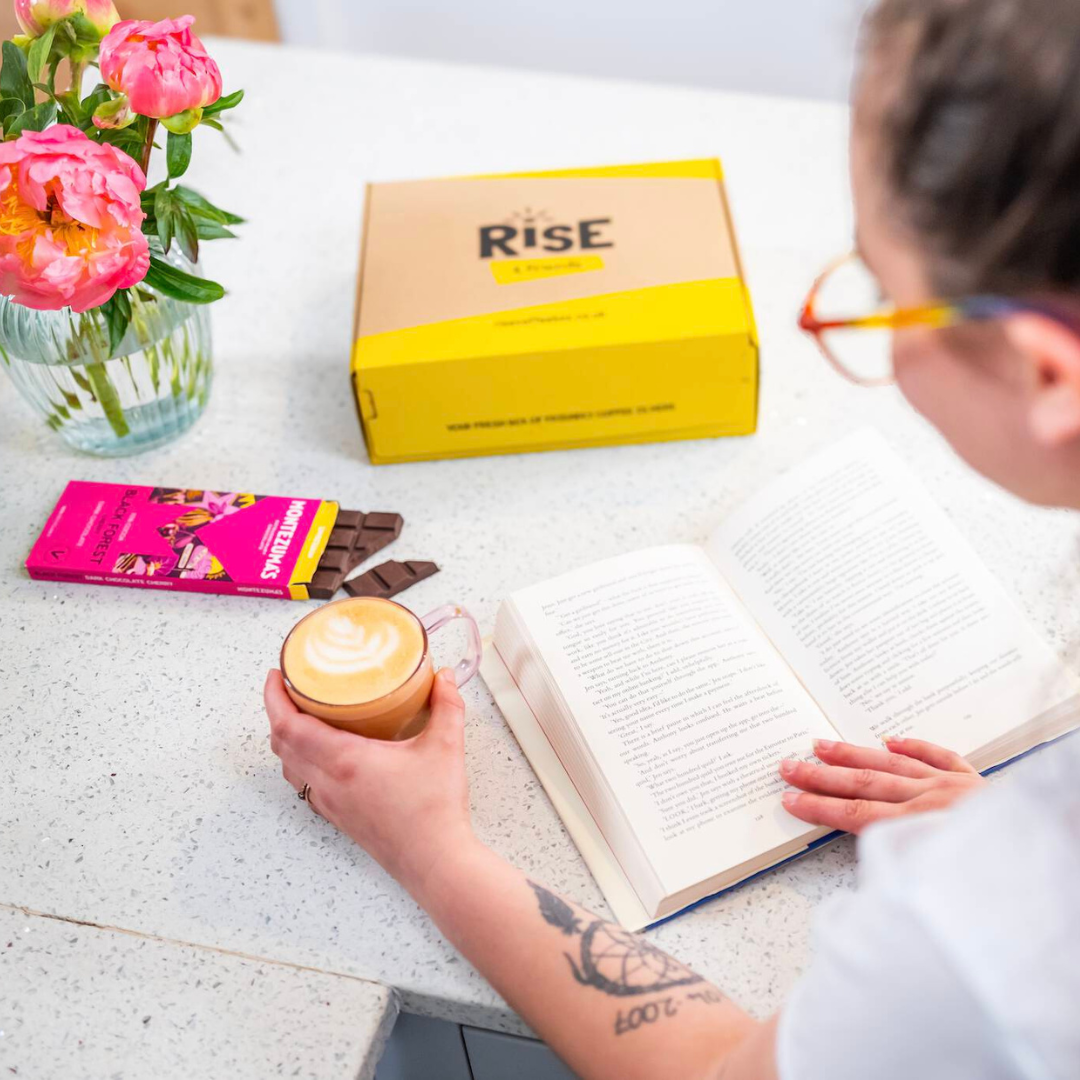






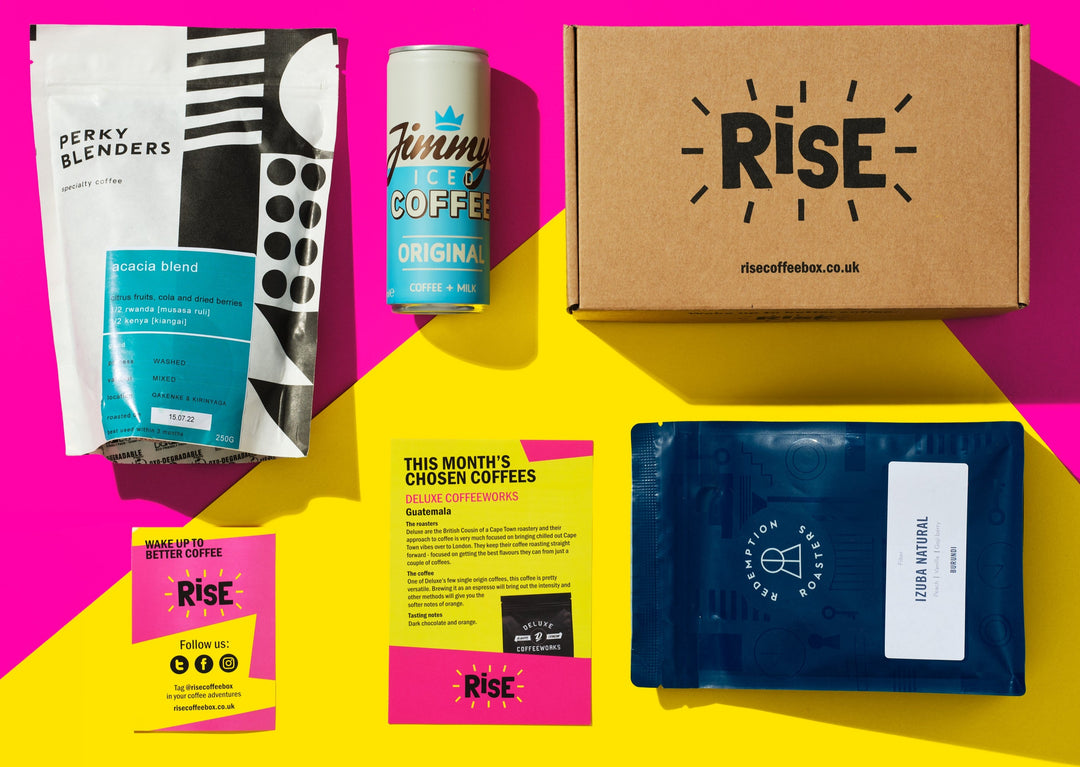
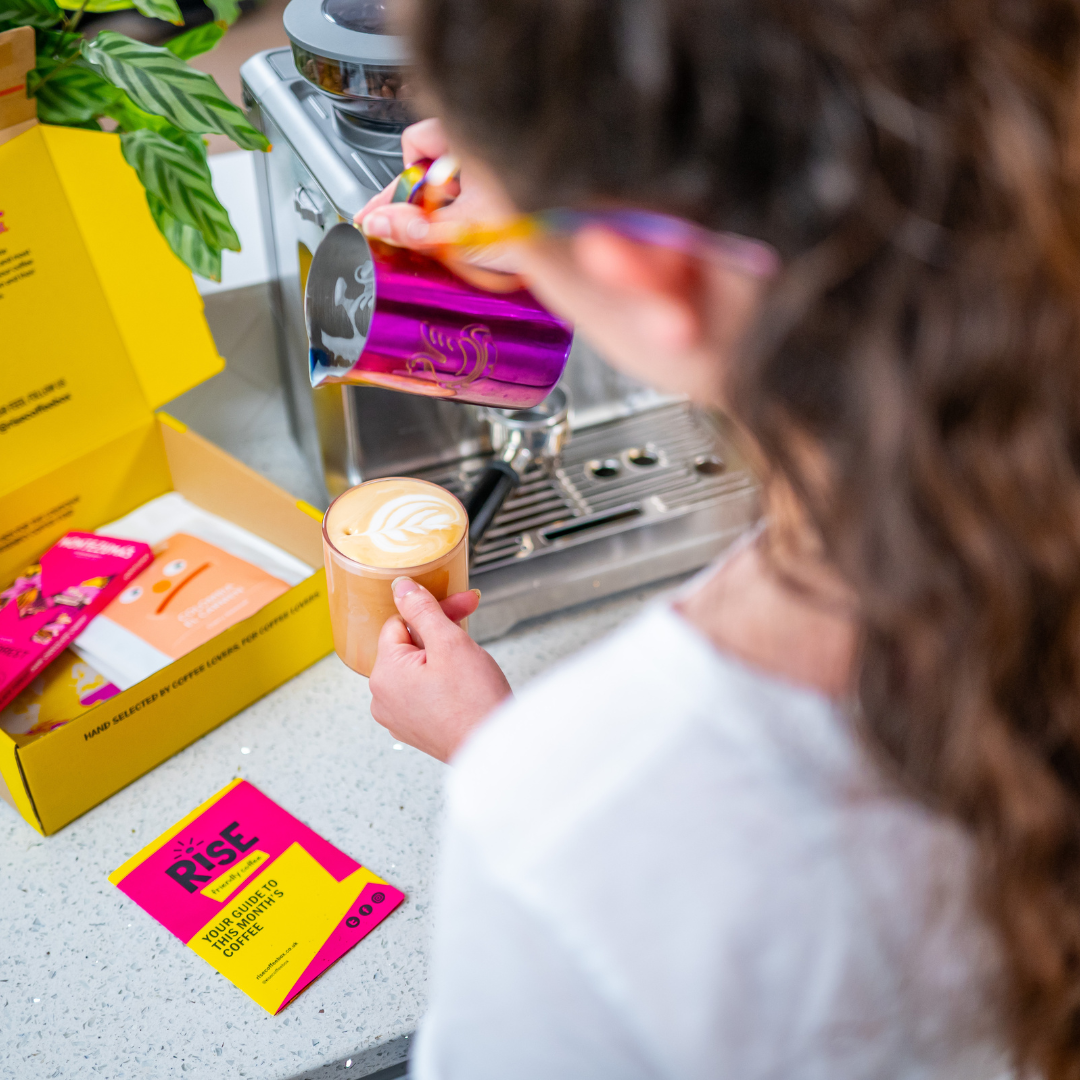
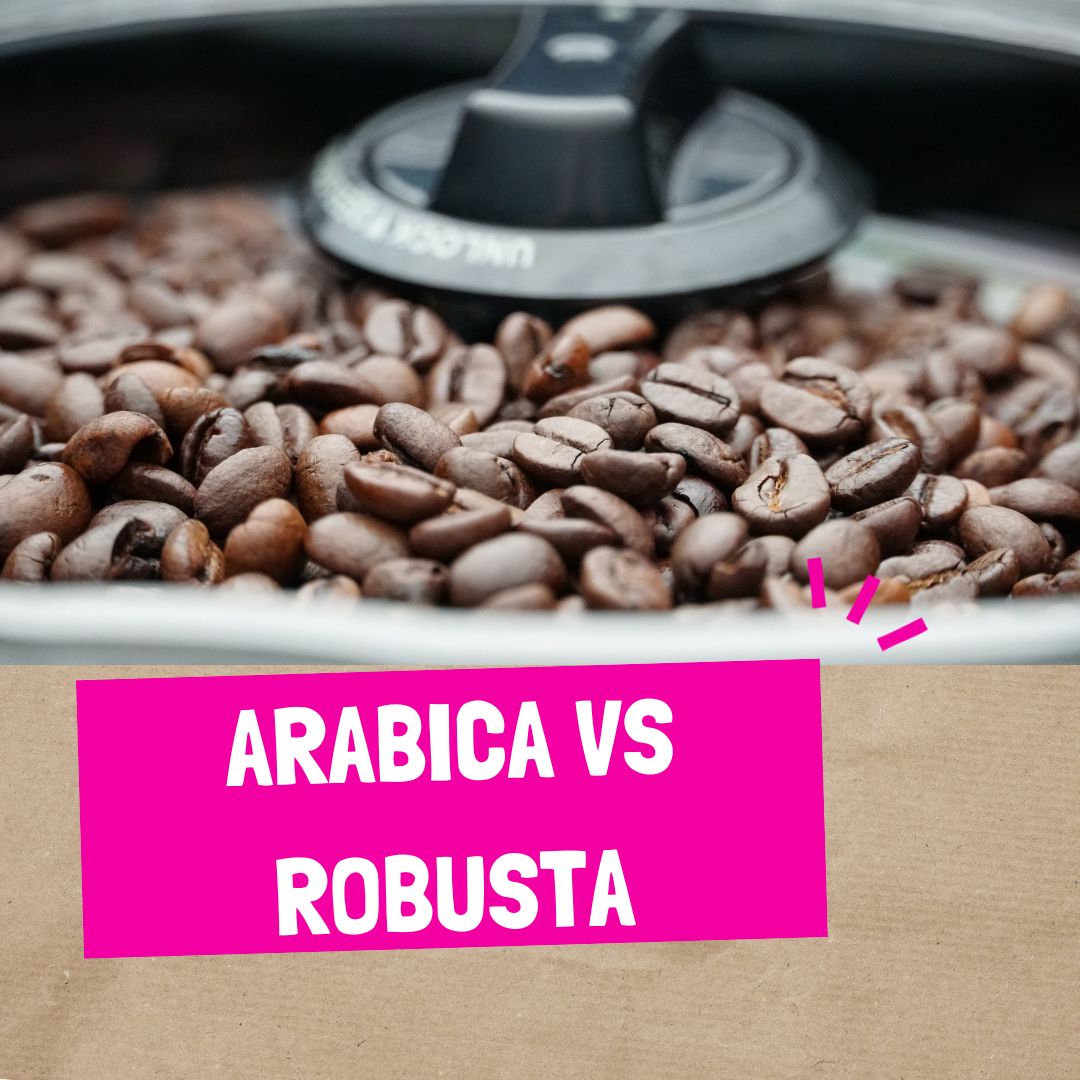


















Leave a comment